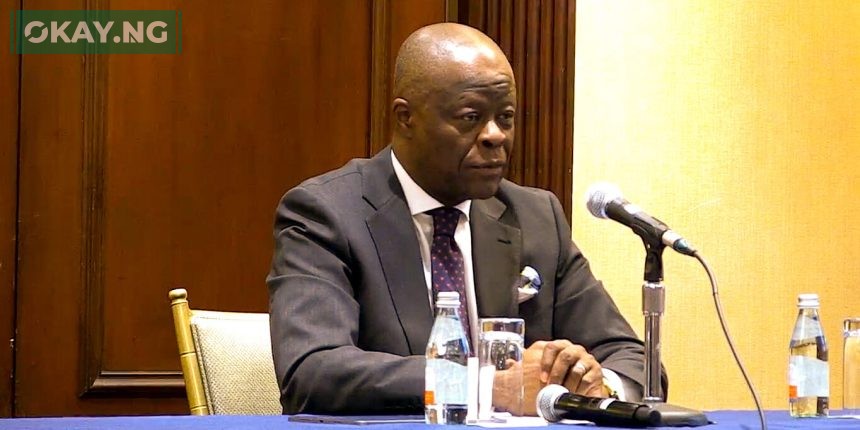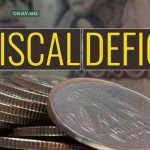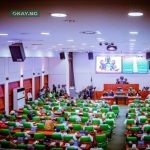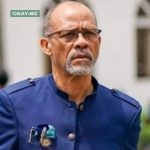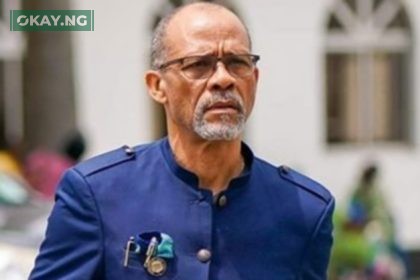Nigeria is setting its sights on a significant economic expansion, aiming for a robust 7 per cent annual growth trajectory, according to Coordinating Minister of the Economy, Wale Edun. Speaking at an investor presentation at the International Monetary Fund (IMF) headquarters, Minister Edun articulated the government’s commitment to laying a “robust foundation” designed to attract substantial investments and propel the nation towards significant poverty reduction.
“Nigeria has attained the fastest growth rate in years. To maintain that growth trajectory (7 percent per annum is the target, plan), which will leave a substantial number of Nigerians out of poverty,” Minister Edun stated, underscoring the ambition driving the current economic agenda.
This declaration comes on the heels of promising economic indicators, with Nigeria’s economy accelerating to 3.84 per cent in the fourth quarter of 2024, marking its strongest growth in three years. This momentum, the minister emphasized, is intrinsically linked to the government’s unwavering commitment to ongoing reforms, most notably the politically sensitive removal of fuel subsidies and the implementation of market-based petrol pricing. These measures, though initially challenging for citizens, are positioned as crucial steps towards long-term economic stability and sustainable growth.
On the monetary front, Minister Edun highlighted the central bank’s focus on “the core mandate of price stability and anchoring inflation.” He pointed to the recent stabilization of the naira in the foreign exchange market, despite regional currency volatility, and the reduction of the premium between the official and black market rates to a reported 4 percent. Furthermore, he noted an improvement in foreign exchange flows through the Nigerian economy, suggesting a positive response to recent policy adjustments.
However, the ambitious growth targets and positive economic indicators are juxtaposed with recent projections from the IMF. Yesterday, the international financial institution forecasted that Nigeria’s headline inflation will average a concerning 26.5 per cent in 2025 and could potentially rise to 37 per cent by 2026. This stark outlook presents a significant challenge to the government’s efforts to achieve price stability and improve the living standards of Nigerians.
Adding to the complexity, the IMF also highlighted the potential impact of a drop in demand for Nigeria’s crude oil, a mainstay of the nation’s revenue. This decline poses a direct threat to Nigeria’s fiscal health and could increase the country’s sovereign risk.
Read Also: Nigeria Unlikely to Seek IMF Loan, Finance Minister Assures
Acknowledging the headwinds presented by the oil price slump, Minister Edun outlined strategies to mitigate the impact on government finances. He stated that “statutory payments will be prioritised and optimisation of assets is another way to close the deficit for the government.” This suggests a multi-pronged approach involving fiscal discipline and potentially the strategic management of state-owned resources.
The path ahead for Nigeria’s economy appears to be a delicate balancing act. While the government’s commitment to reforms and its pursuit of a high-growth trajectory offer a beacon of hope for poverty reduction and economic prosperity, the looming challenges of persistent inflation and potential revenue shortfalls from the oil sector cannot be ignored. The success of these ambitious plans will hinge on the effective implementation of policies, prudent fiscal management, and the ability to navigate the complexities of the global economic landscape. The eyes of investors and the Nigerian populace alike will be keenly focused on whether this “robust foundation” can indeed deliver the promised prosperity.


